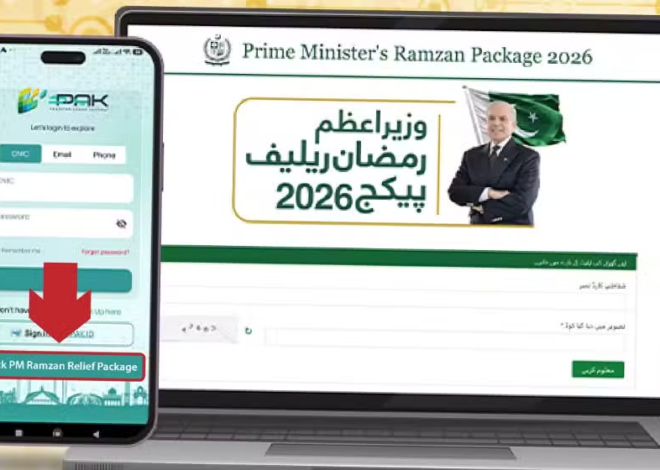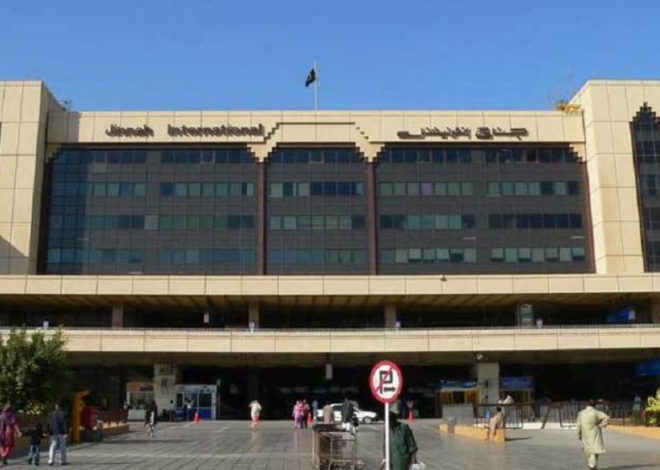
NADRA Makes Major Changes to CNIC, FRC and B‑Form Rules
The National Database and Registration Authority (NADRA) has introduced a wave of updates affecting Computerised National Identity Cards (CNIC), Child Registration Certificates (B‑Form), and Family Registration Certificates (FRC). These reforms, rolled out since early 2025, reflect NADRA’s commitment to enhanced security, digital integration, and streamlined services for Pakistani citizens.
Strengthening CNIC Security Features
In May 2025, NADRA unveiled an upgraded version of the non‑chip CNIC, incorporating new smart features previously reserved for chip‑based cards. Key enhancements include bilingual information in Urdu and English, the addition of a QR code enabling digital identity access via the Pak ID mobile app, and distinct badges for organ donors and persons with disabilities. This revamp offers citizens more accessible and secure identity cards at a lower cost than chip‑based alternatives, with tiers to suit different urgency levels
Fee updates for standard non‑chip CNICs are Rs 400 (normal), Rs 1,150 (urgent), and Rs 2,150 (executive). Smart CNIC renewals cost Rs 750 (normal), Rs 1,500 (urgent), and Rs 2,500 (executive). First‑time applicants aged 18 receive the normal service free of charge
Biometric Upgrade of B‑Forms for 10‑ to 18‑Year‑Olds
From January 15, 2025, NADRA began issuing enhanced Child Registration Certificates for children aged 10 to 18. Under this scheme, B‑Forms now include a child’s fingerprint and photograph, which are mandatory when applying for a passport or renewing identity documents
The phased rollout requires children to visit NADRA centres with a parent or guardian, carrying the adult’s CNIC and the child’s birth certificate. Once biometric data is captured, the updated B‑Form replaces the previous version and must be presented for passport applications
Interim phases plan to integrate iris scans and enable digital B‑Forms via Pak ID, with later deployment of biometric kiosks at local union council offices. NADRA aims to connect this data with provincial civil registration systems for comprehensive identity management
Expanded Online Application for B‑Forms Under One Year
In parallel, NADRA extended online submission of B‑Forms for infants under one year through the Pak ID mobile app. Parents can complete applications digitally, upload documents, capture a photo of the newborn, and verify parental fingerprints. Children older than one must attend NADRA centres for biometric capture .
This dual‑track approach increases efficiency and aligns infant and adolescent registration processes with evolving security needs.
Digital Option for FRC Applications
Although less publicized, and based on citizen reports, Family Registration Certificates can also be applied for via the Pak ID mobile app. Users have reported success with uploads from official centres, though the app may still require a physical visit depending on biometric confirmation
Simplified NICOP Age Adjustments via App
For Overseas Pakistanis applying for National Identity Cards for Overseas Pakistanis (NICOP), NADRA now allows users to request age corrections via the mobile app, NADRA offices, or Pakistani embassies. Fee structures vary based on the age change required, ranging from USD 5 to USD 65, with substantial costs (USD 125) for second attempts.
This digital flexibility enables expatriates to manage vital identity updates more easily.
User Experience: Online Challenges and Front‑Desk Delays
Some users have reported issues with the Pak ID app, particularly during CNIC number verification or biometric capture. One expatriate noted difficulty in completing NICOP applications without a CNIC; others described delays at centres and usability glitches within the app .
Still, many expect these early challenges to improve as NADRA modernizes its systems and expands support.
Leadership Driving Reforms
Under the stewardship of Chairman Lt‑Gen Muhammad Munir Afsar, NADRA is pursuing digital transformation and secure identity issuance at scale. His background in IT and cyber command supports the organization’s push toward biometric integration and digital ID platforms .
Balancing Security, Convenience and Costs
NADRA’s reforms demonstrate a strong focus on securing national identity frameworks. The introduction of smart CNICs, biometric B‑Forms, and app‑based services underlines Pakistan’s move toward digital governance.
However, ensuring public adoption will require minimizing user friction. Stream drips of online issues, app delays, and centre miscommunication suggest a need for enhanced user assistance and troubleshooting support.







